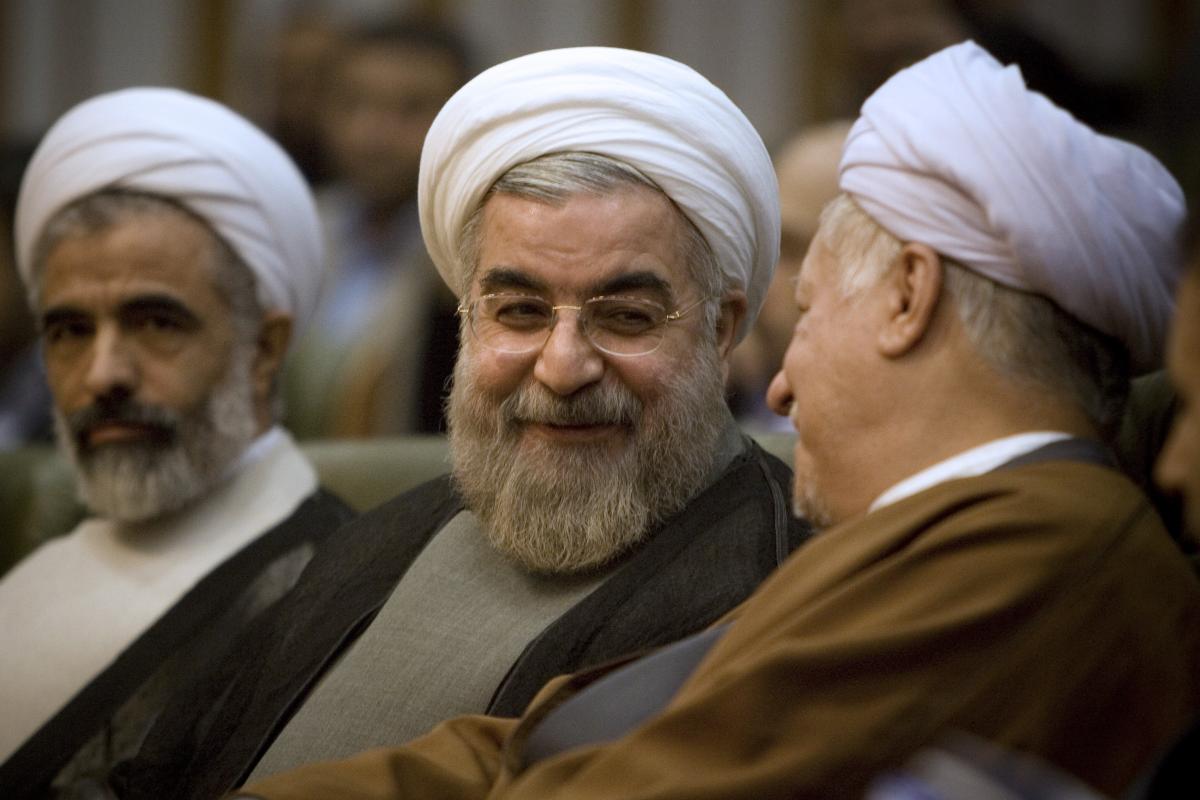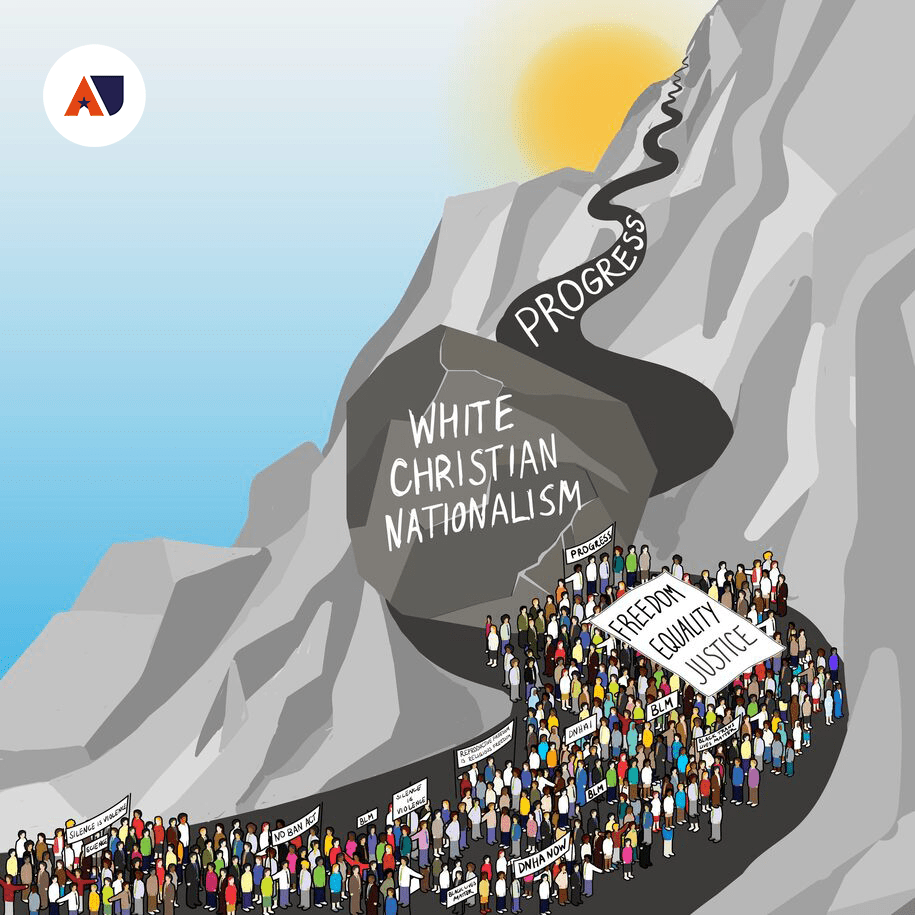Citizen of a theocratic republic – As citizens of a theocratic republic, we stand at the crossroads of faith and governance, where religious principles shape the contours of political authority. From ancient city-states to modern-day nations, the concept of a theocratic republic has captivated imaginations and sparked debates about the nature of power and the role of religion in society.
In this discourse, we embark on an exploration of theocratic republics, examining their unique characteristics, the relationship between religious and political authority, the implications for citizenship and rights, and the social and cultural impact of living under a theocratic framework.
Definition and Characteristics
A theocratic republic is a form of government in which religious authority and political power are intertwined. In a theocratic republic, the state’s laws and policies are based on religious principles and the government is led by religious leaders or representatives.
Historically, theocratic republics have existed in various forms, including the ancient Israelite kingdom, the medieval Papal States, and the Puritan colonies of New England. Contemporary examples include Iran, Vatican City, and Saudi Arabia.
Key characteristics of a theocratic republic include:
- The role of religious law as the basis for the legal system
- Theocratic governance, where religious leaders hold significant political power
- The influence of religious principles on public policy and social norms
Religious and Political Authority: Citizen Of A Theocratic Republic
In a theocratic republic, religious authority and political power are closely intertwined. Religious texts and principles serve as the foundation for the legal and political systems. Religious leaders play a significant role in governance, often holding positions of power within the government.
The extent of religious authority varies depending on the specific theocratic republic. In some cases, religious leaders have absolute authority over both religious and political matters. In others, their authority is limited to religious affairs, while political leaders handle secular matters.
Citizenship and Rights
Citizenship in a theocratic republic is often tied to religious affiliation. In some cases, only members of the dominant religion are considered full citizens, while non-believers may face restrictions or discrimination.
The rights and freedoms of citizens in a theocratic republic can be limited by religious principles. For example, freedom of speech or assembly may be restricted if it is deemed to conflict with religious teachings.
Social and Cultural Implications
Theocratic republics have a profound impact on the social and cultural life of their citizens. Religious beliefs and practices shape daily life, social norms, and cultural expressions.
In many theocratic republics, religion plays a central role in education, healthcare, and other social services. Religious values and principles influence the way people interact with each other and the world around them.
Comparative Analysis

Theocratic republics exhibit a wide range of political structures, religious influences, and social dynamics. By comparing different theocratic republics, we can identify similarities and differences in their governance, laws, and social practices.
Factors that have shaped the evolution and diversity of theocratic republics include historical context, cultural traditions, and the specific religious beliefs and practices of the dominant religion.
Historical Case Studies

Examining specific historical case studies of theocratic republics can provide valuable insights into their rise, development, and decline. By analyzing the interplay of religious and political forces, we can learn from the successes and failures of past theocratic governments.
Historical case studies of theocratic republics include the ancient Israelite kingdom, the medieval Papal States, and the Puritan colonies of New England. Each of these republics had unique characteristics and faced distinct challenges.
FAQ Guide
What is the defining characteristic of a theocratic republic?
A theocratic republic is characterized by the fusion of religious and political authority, where religious principles and texts play a significant role in shaping the legal, political, and social systems.
How does religious affiliation impact citizenship in a theocratic republic?
In some theocratic republics, religious affiliation can determine citizenship status and access to rights, while in others, it may have no bearing on citizenship.
What are the potential limitations on individual freedoms in a theocratic republic?
Theocratic republics may impose restrictions on individual freedoms, such as freedom of expression, assembly, and religion, if they are deemed to conflict with religious principles.